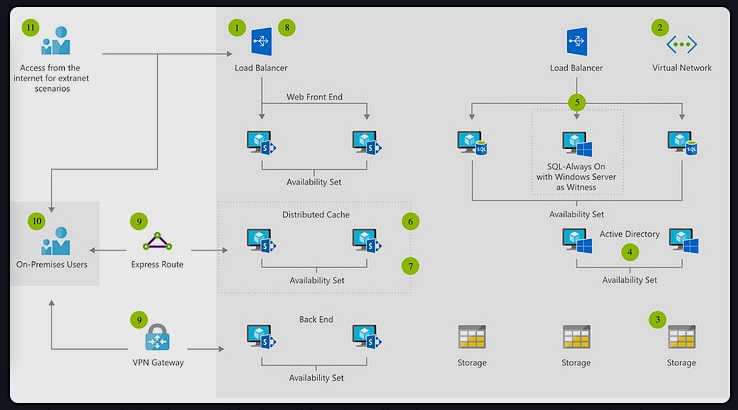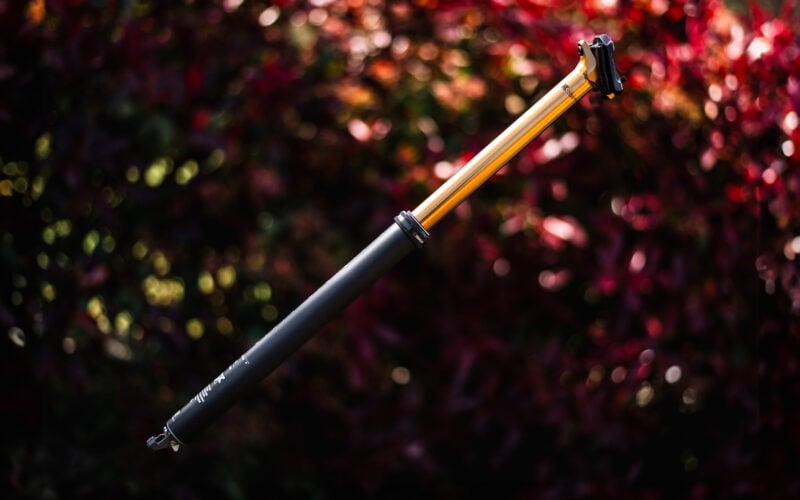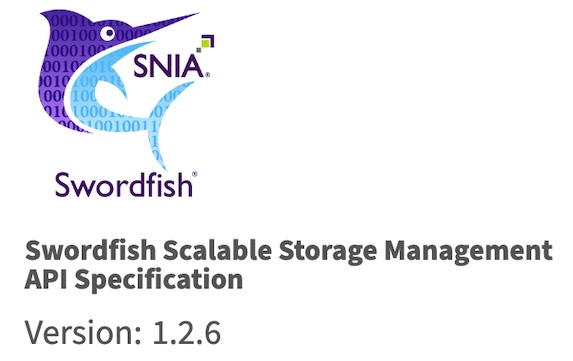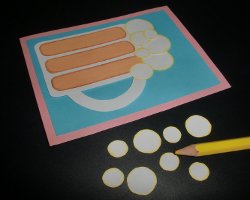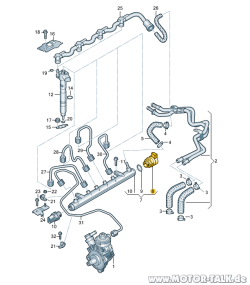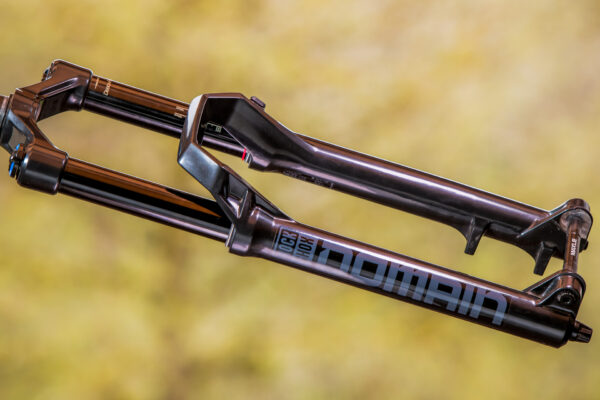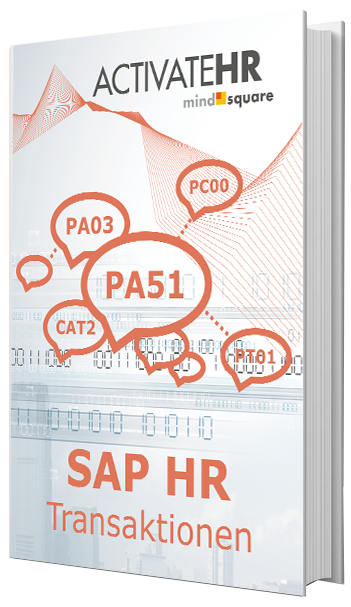Abstract
A great deal of research has been directed toward the problem of reduction and control of volatile organic solvents (VOS). The aim of this research was to find a process that is both efficient and low cost.
We have been able to use to our advantage the increased interest in biotechnology of the past few years in order to further our research for an environmentally safe aerobic system to degrade VOS emissions from a print shop by using biofiltration technology.
Our biofilter is an aerobic system for treating air-borne organic pollutants (in this case: VOS) using the degradation properties of microbial flora. This process consists in diffusing polluted gas across a filter bed into which a microbial cultural has previously been introduced. Peat was the medium of choice for inoculation with microorganisms because of its adsoption/absorption properties, its ability to retain moisture and its buffering capacity. The peat we used was spherical in shape thus it was possible for us to avoid problems due to compacting, and work with a biofilter 2 m in height.
We were able to achieve promising results from biofiltration of three types of VOS (n-propanol-1, alcohol 2A and Universal 30 solvent) present in emissions from a Montreal print shop (flexographer). We concluded that it was possible to meet our objective of complying with the clean air standards set out under the Montreal urban Community's by-laws, namely: 5 kg h−1 of VOS or 90% removal of VOS.




